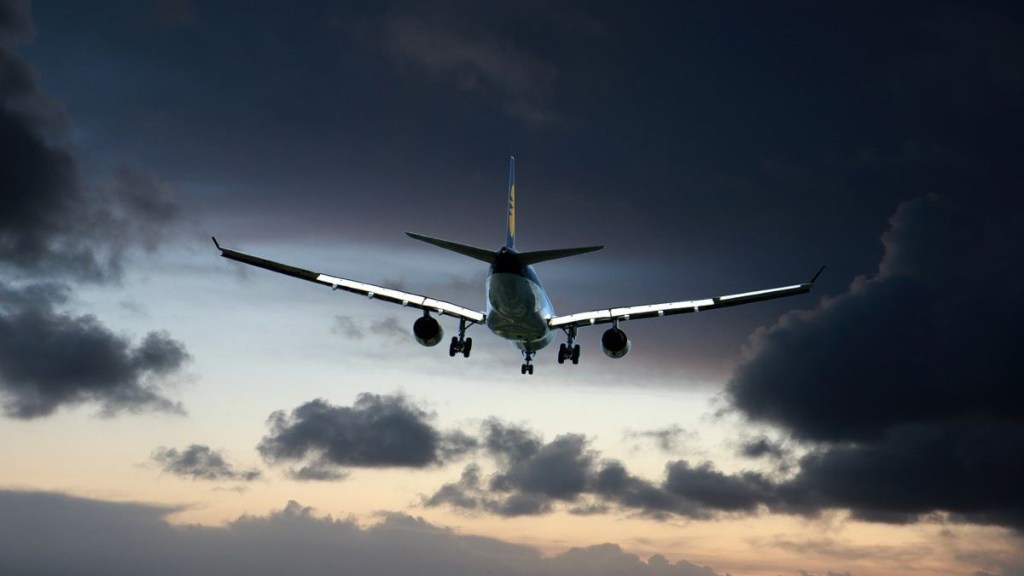Airfares, which have been soaring recently, especially since May 3 when Go First suspended operations, seem to be showing signs of moderation with the civil aviation minister Jyotiraditya Scindia asking airlines earlier this week to devise a mechanism to control the same.
Following Scindia’s meeting with the airlines on Monday, the fares seem to be moderating.
For instance, average one-way fares on the Delhi-Mumbai, Delhi-Srinagar and Delhi-Leh routes were lower on June 7 compared to June 6.
The average one-way fare between Delhi-Mumbai at Rs 18,810 on June 7 was 15% lower than Rs 22,094 on June 6. Similarly, the average fare on the Delhi-Srinagar route on June 7 was 7% lower at Rs 13,203 than Rs 14,155 on June 6. On Delhi-Leh route, average fare on June 7 was Rs 11,112, which was 8.4% lower than Rs 12,128 on June 6. These are in case of bookings done a day in advance.
These are some of the routes on which Go First operated and fares had shot up abnormally with the carrier suspending operations.
Fares are also trending down if booked seven days in advance on these routes. For instance, if a ticket for Delhi-Mumbai was booked on June 5 for travel on June 12, the average fare comes to Rs 7,450. A ticket booked on June 6 for the same route for travel on June 13, the fare comes down by 0.5% to Rs 7,416.
If bookings are done on June 6 on the Delhi-Mumbai route for travel on June 20 (two weeks in advance), the average fare would be Rs 7,320. If on the same date, booking is done for travel on July 7 (one month in advance), the average fare comes down to Rs 6,274.
Scindia had held an-hour long meeting meeting of the airlines advisory group, of which airlines’ are members, on June 5, and had expressed his concern about the steep rise in airfares on certain routes. He had asked the airlines for self-monitoring.
The civil aviation ministry had said that airlines should devise a mechanism to ensure reasonable pricing within the high reservation booking designator (RBD) and the same would be monitored by the Directorate General of Civil Aviation (DGCA). Airfares are deregulated under the current regulatory regime.
The ministry has also told the airlines that they need to keep a tight check on the pricing of tickets during any calamity.
The airline pricing system runs in multiple levels (buckets), which are in line with practices being followed globally. The prices are fixed by airlines keeping in mind the market, demand, seasonality and other market forces. The airfare increases with an increase in demand for seats as the lower fare buckets get sold out fast when bookings are offered by airlines.

